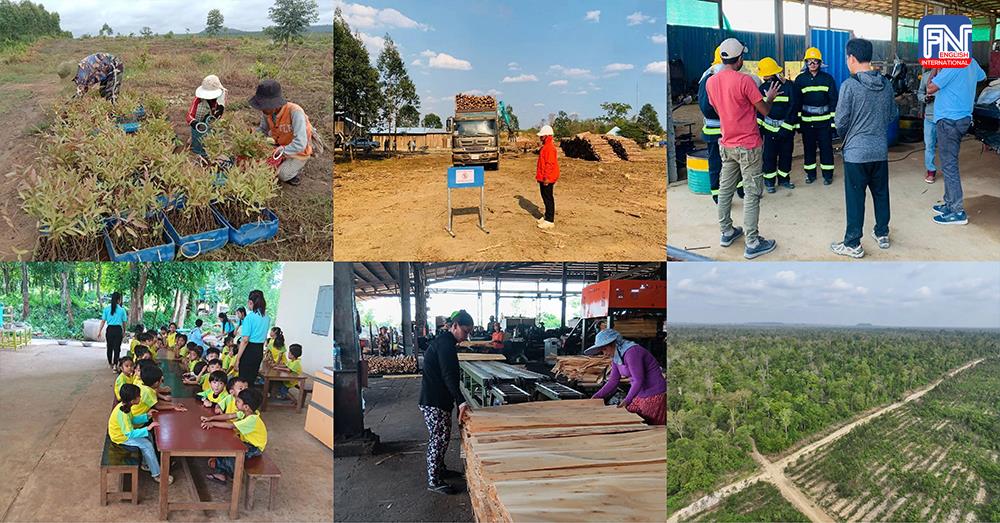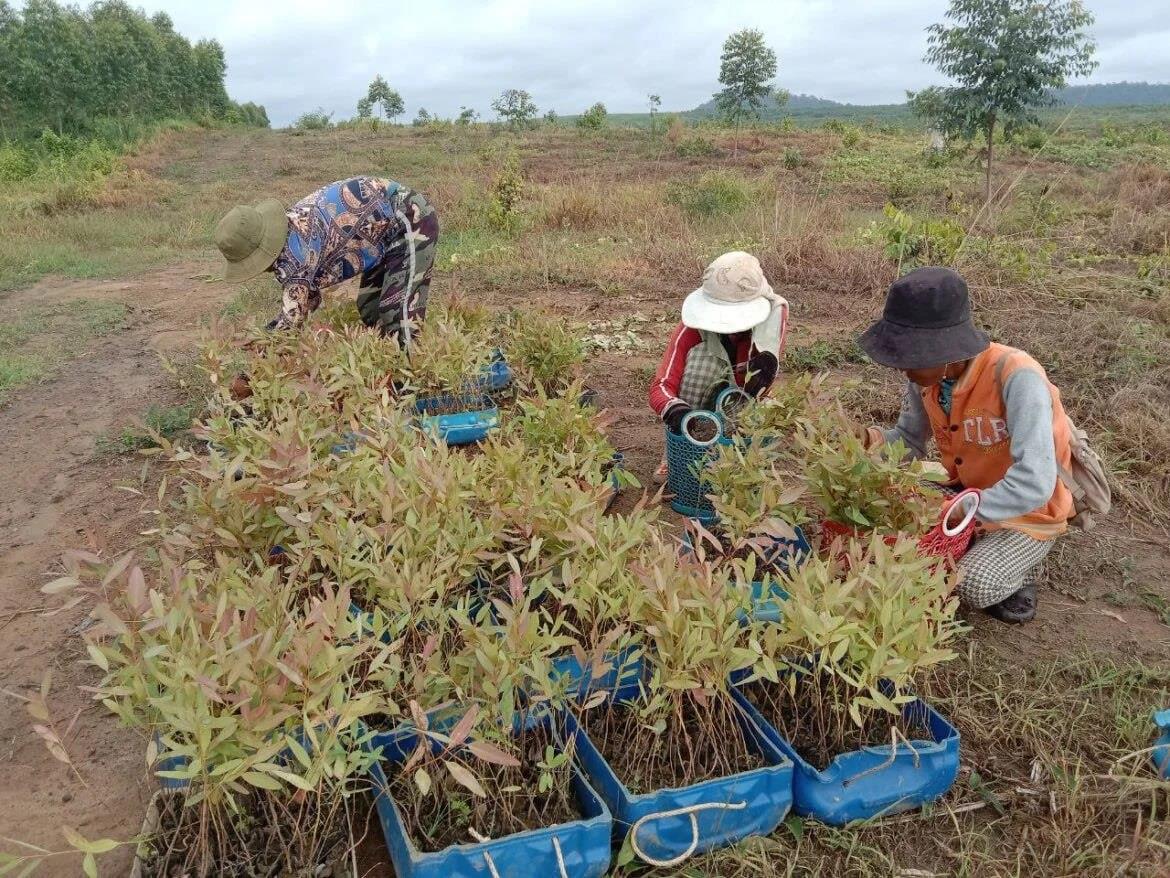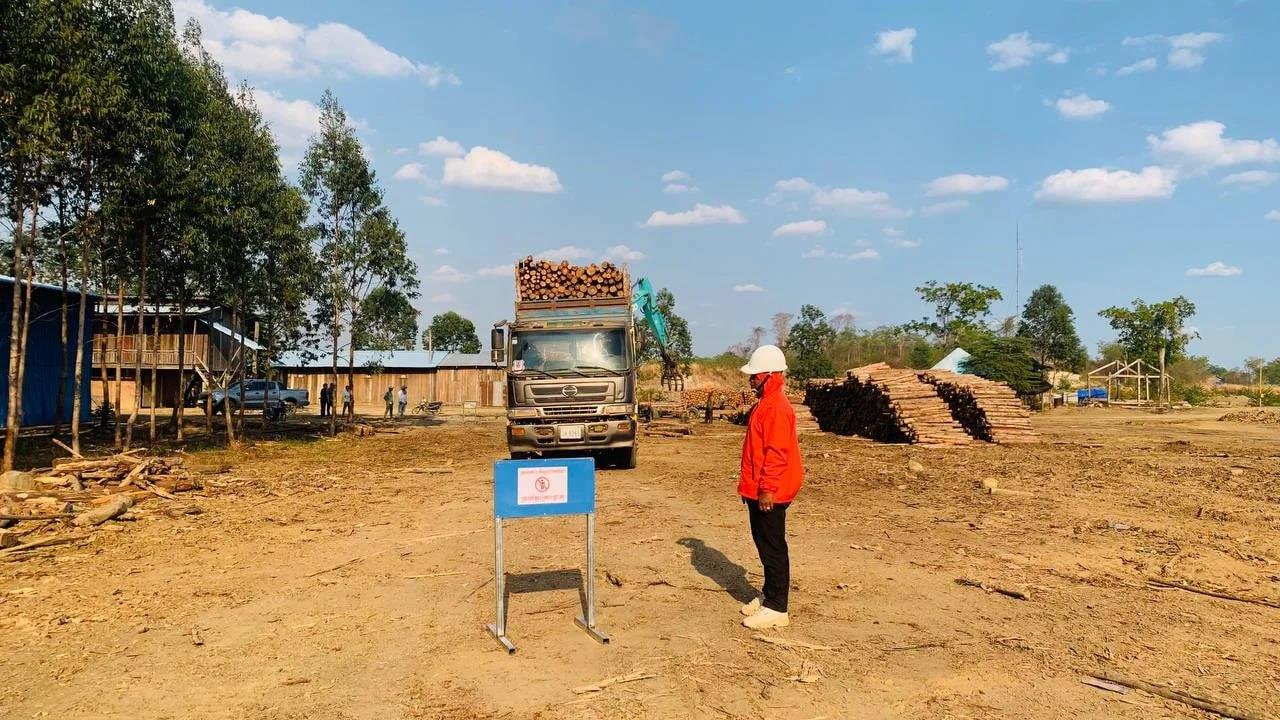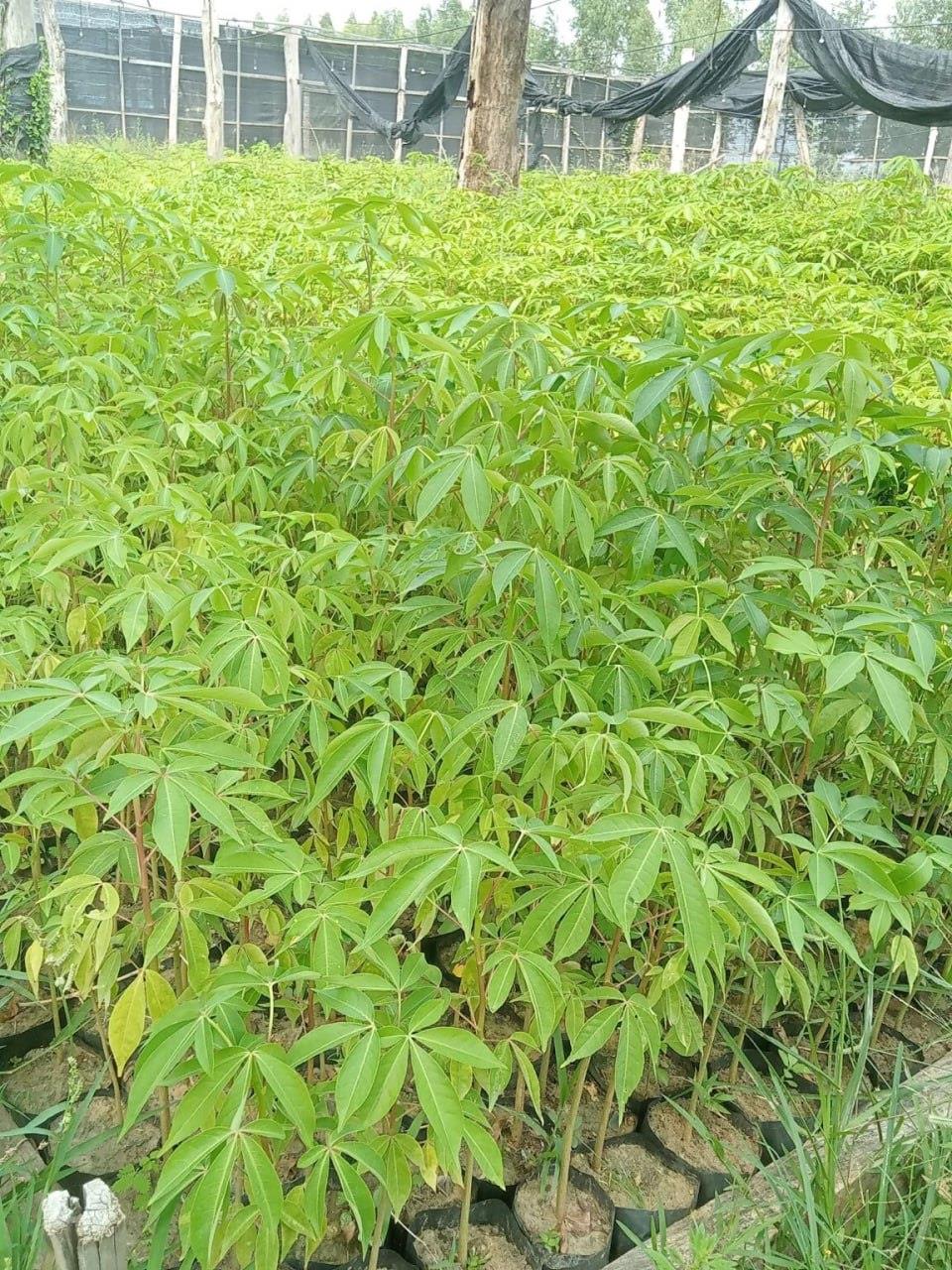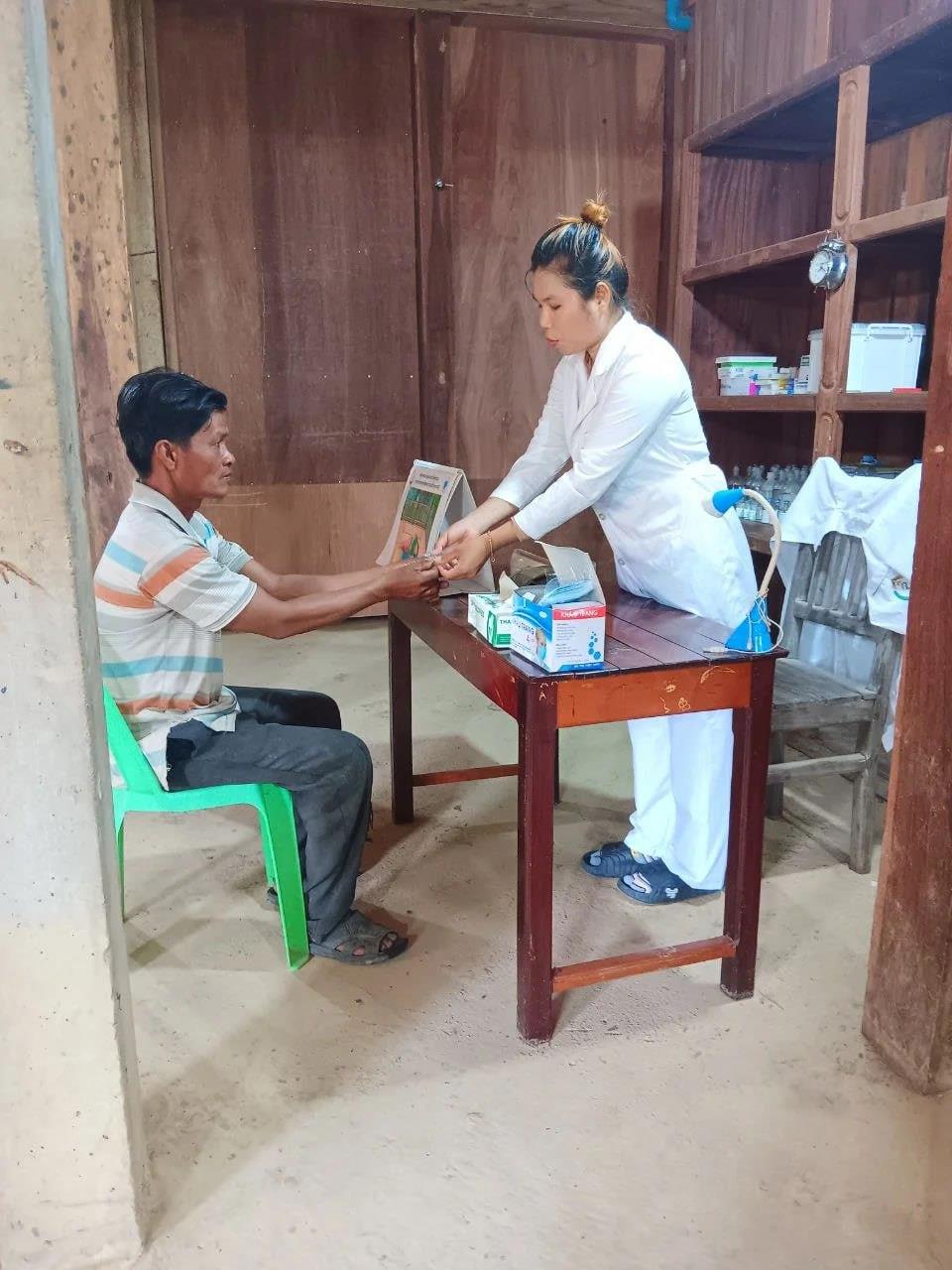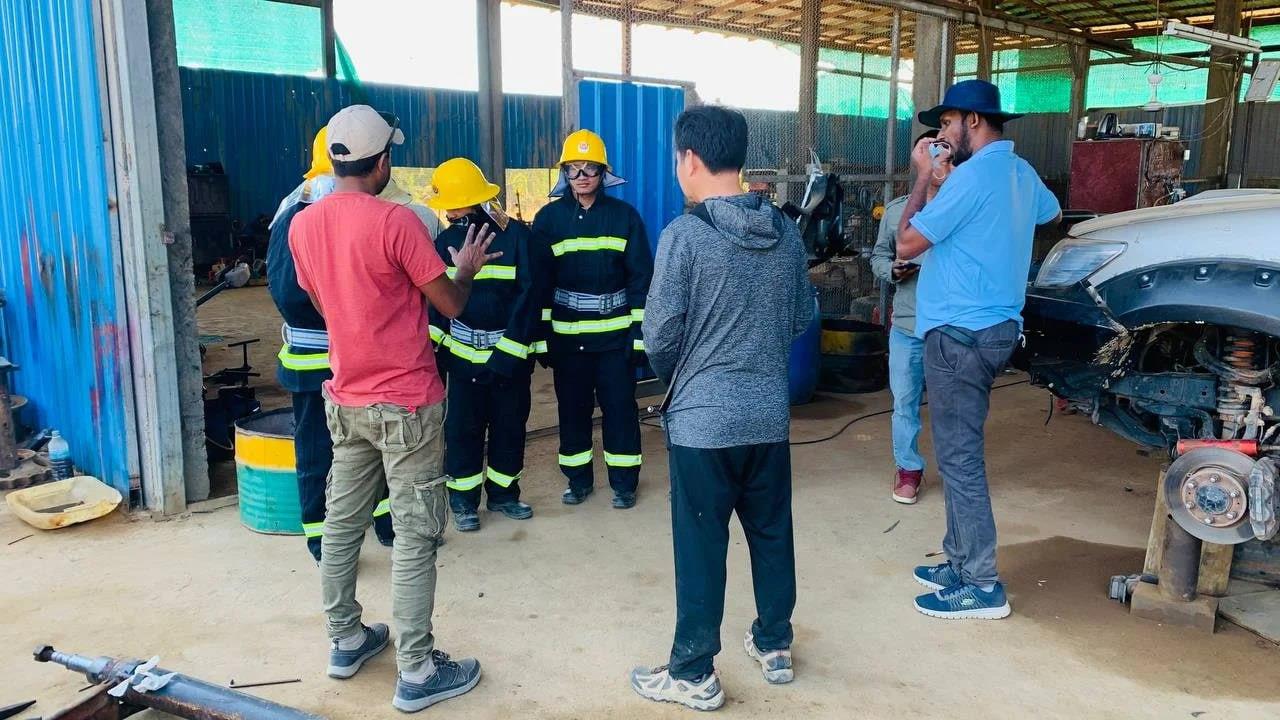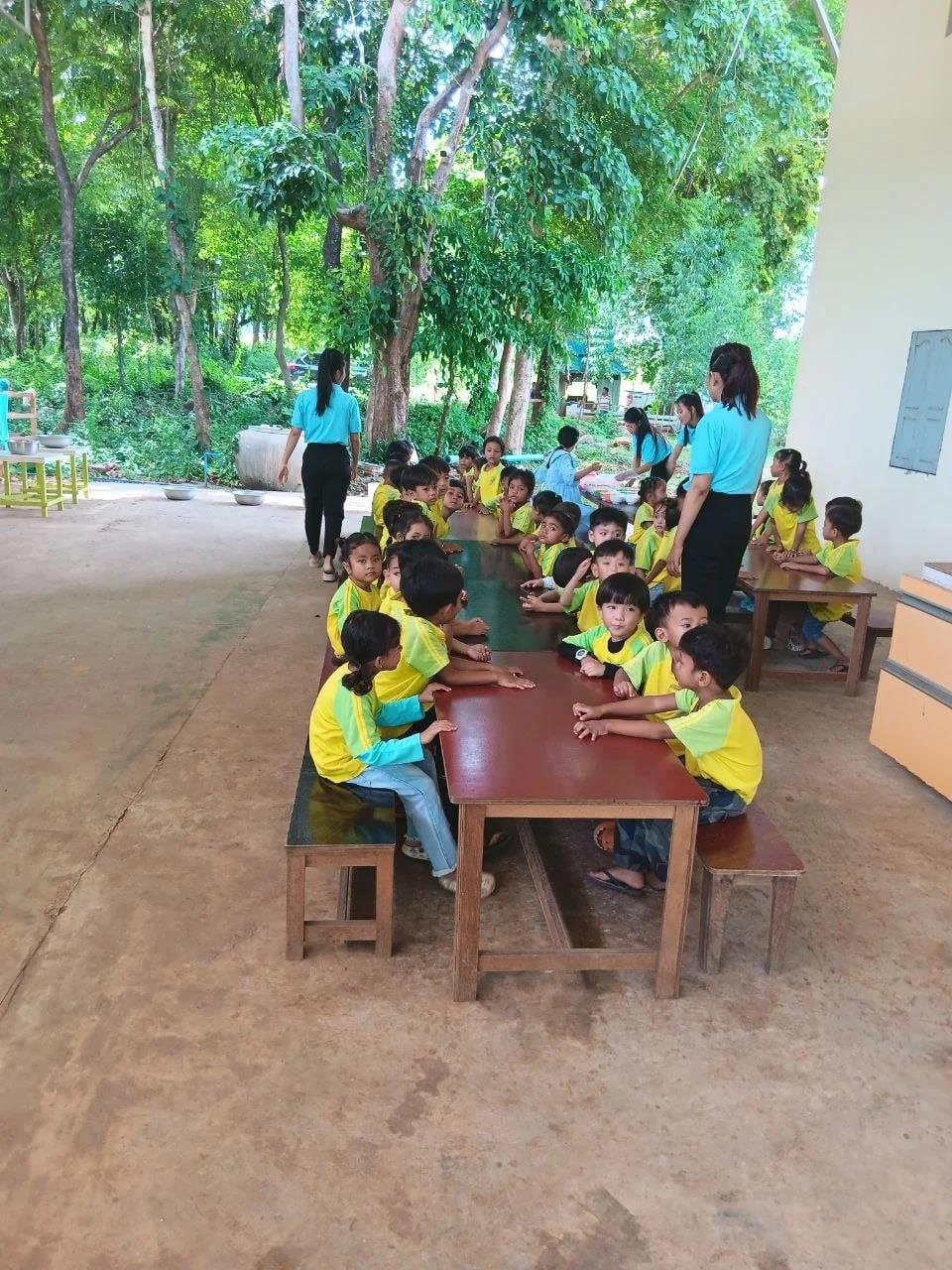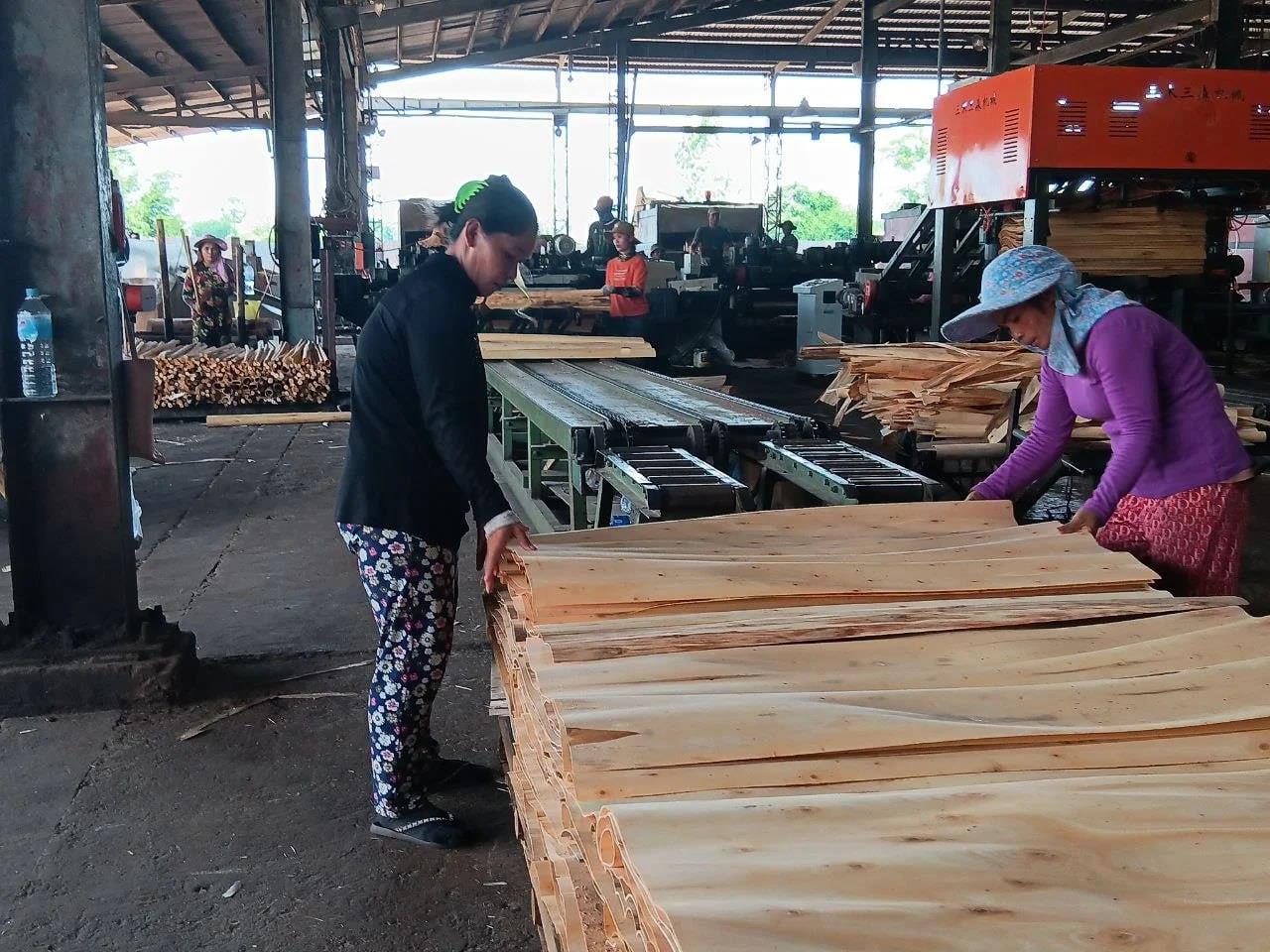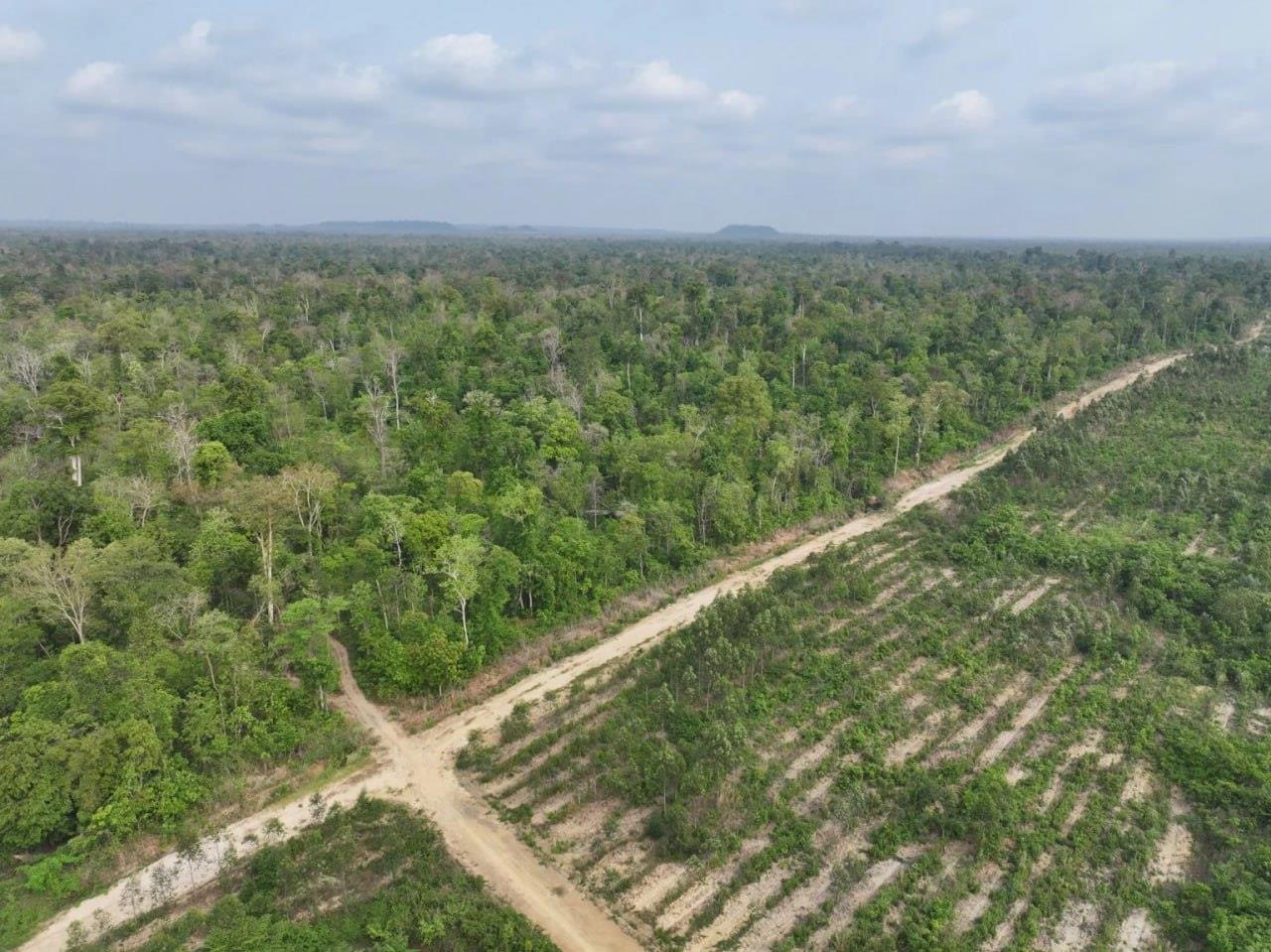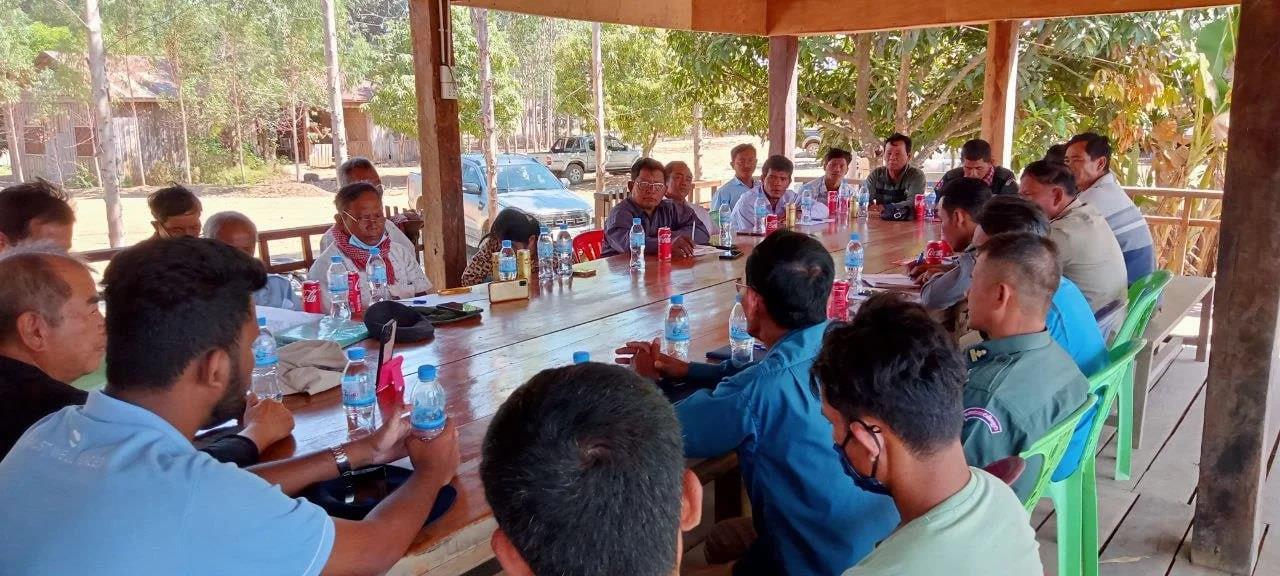Phnom Penh (FN), Jun. 26 – Angkor Plywood Group, led by the visionary Lu Chu-Chang, stands for sustainable development, community upliftment, and ethical business practices in Cambodia. Founded with a deep respect for nature and a strong commitment to local communities, this company has become a model of responsible forestry.
By aligning its operations with global standards, Angkor Plywood Group significantly contributes to the socio-economic development of the region. The company’s dedication to ethical sourcing and environmental stewardship, combined with its focus on providing sustainable employment opportunities, ensures the protection of Cambodia’s natural habitats and supports the well-being of local communities. Through its comprehensive approach, Angkor Plywood Group exemplifies how businesses can drive positive change and foster sustainable growth.
Commitment to Sustainability and Ethical Practices
Angkor Plywood Group’s operations are rooted in sustainable forestry practices that comply with the stringent requirements of the Lacey Act in the United States and the European Union Timber Regulation (EUTR). These regulations mandate that timber and wood products entering the market must be sourced legally, and Angkor Plywood Group takes pride in its adherence to these laws. By legally sourcing its raw materials, the company ensures that its operations do not contribute to illegal logging, thereby protecting Cambodia’s precious natural habitats.
Lu Chu-Chang, Managing Director of Angkor Plywood Group, shares his insights, “We must consider where the seedlings come from. I set up a tissue culture laboratory and nursery in Kampong Thom to ensure we have qualified seedlings to plant in Kratie.” This meticulous approach underscores the company’s commitment to ethical sourcing and environmental stewardship.
Supporting Local Communities
Angkor Plywood Group’s influence extends beyond environmental sustainability; it is deeply invested in the well-being of local communities. The company’s plantation in Kratie Province employs 196 local workers, many of whom previously relied on illegal logging for income. By providing sustainable employment opportunities, Angkor Plywood Group not only supports families but also contributes to the preservation of protected forests.
“Before, the people did not know what to do, but now they are happy to join us in this project. They no longer need to engage in illegal logging because they have a good chance to find stable employment,” Lu Chu-Chang explains.
The company’s factory in Kampong Cham, which processes logs into veneers, employs 579 workers. These jobs provide stable incomes and skill development opportunities for the local population, further enhancing community prosperity.
Aligning with SDG 17: Partnerships for the Goals
Angkor Plywood Group’s operations are in harmony with the United Nations Sustainable Development Goal (SDG) 17, which emphasizes the importance of partnerships in achieving sustainable development. The company collaborates with international organizations to ensure that its practices meet global standards, thereby fostering partnerships that promote ethical business practices and environmental conservation.
Lu Chu-Chang’s vision includes significant social contributions. “I have two visions: one is to set up a big hospital, and the other is to establish a big school. We strive to improve not only our company but also the entire community,” he asserts. This commitment to social infrastructure underscores the company’s holistic approach to development.
Technological Innovation and Skill Development
Recognizing the importance of technology and skilled labor, Angkor Plywood Group has established a tissue culture laboratory and nursery. This facility produces high-quality seedlings, ensuring the sustainability of its plantations. The company also invests in training local workers to operate specialized machinery, thus enhancing their technical skills and employability.
We set up a factory to make veneer and train local workers to operate the machines. This skill development is crucial for their future,” says Lu Chu-Chang. By empowering the local workforce with technical knowledge, the company contributes to long-term community development.
Compliance with Cambodian Law
Angkor Plywood Group’s operations are fully compliant with Cambodian laws and regulations. The company’s ethical practices and legal sourcing of timber align with national policies aimed at conserving Cambodia’s forests and promoting sustainable economic growth. By adhering to these laws, Angkor Plywood Group sets a benchmark for other companies in the region.
Enhancing Local Infrastructure
The company’s contributions to local infrastructure are noteworthy. Angkor Plywood Group has built roads in the communities where it operates, facilitating better access and mobility. These roads, while initially aiding the company’s logistics, also benefit the local population by improving connectivity and access to markets.
Furthermore, Angkor Plywood Group has established a clinic and a kindergarten school, providing essential services to the community. The clinic offers free medical assistance, enhancing healthcare access for local residents. The kindergarten school, staffed by teachers from Hong Kong, Singapore, and Malaysia, offers quality education to children, ensuring a brighter future for the next generation.
“We do everything for the people. Our clinic and school are open to all, not just our employees. This is our way of giving back to the community,” states Lu Chu-Chang.
Waste Management and Environmental Responsibility
Angkor Plywood Group’s commitment to environmental responsibility is evident in its waste management practices. The company ensures that nothing goes to waste. Offcuts from the plantation are provided to locals for firewood, while waste materials from the factory are processed into pellets used as fuel for local power stations. This approach minimizes waste and contributes to local energy needs.
“At Think Biotech, nothing goes to waste. Our waste materials are processed into pellets, providing fuel for local power stations. This is part of our commitment to environmental sustainability,” explains Lu Chu-Chang.
A Model for Sustainable and Inclusive Development
Angkor Plywood Group, under the stewardship of Lu Chu-Chang, exemplifies how businesses can drive sustainable development while fostering community well-being. The company’s adherence to ethical practices, alignment with global standards, and commitment to local communities make it a leading example of responsible business in Cambodia.
As Lu Chu-Chang aptly puts it, “We strive to grow together with the community, ensuring that our success also brings prosperity to those around us.” This philosophy not only drives the company’s success but also sets a powerful example for sustainable and inclusive development.
Angkor Plywood Group’s operations are a perfect alignment of business acumen with ethical practices, contributing significantly to the socio-economic fabric of Cambodia while adhering to global standards. The company’s initiatives resonate with the principles of SDG 17, highlighting the power of partnerships in achieving sustainable development goals. Through its commitment to sustainability, community empowerment, and ethical practices, Angkor Plywood Group is paving the way for a brighter, more inclusive future for Cambodia.
=FRESH NEWS
